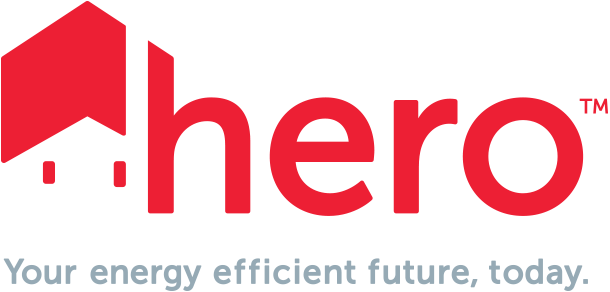
California HERO Program
What drawbacks could there possibly be with a government-sponsored program to enable homeowners in San Jose to reduce their utility bills while helping to save the environment? I’m talking here about the pitfalls of the HERO Program, which if you’re not familiar with it, is the Home Energy Renovation Opportunity program. Turns out, there’s a lot of potential problems with the program.
First, here’s some background about this important issue.
The HERO program is part of the Federal Property Assessed Clean Energy (PACE) program. This program allows homeowners to finance through an assessment on their property various energy conservation-related improvements, such as energy-rated water heaters, windows, and solar panels. When the house is sold, the assessment may transfer with the property and become the responsibility of the new owner.
These loans are repaid over a period as long as 20 years. A HERO lien is similar to a property tax lien. In fact, it’s a line item on the homeowner’s property tax bill and is paid at the same time and in the same way as property taxes.
There are definitely some downsides and hidden risks to this increasingly popular program that should concern every San Jose homeowner. Here are five key details about HERO liens:
- You may wind up borrowing too much on your property because the limits are very generous. For example, the owner of a $400,000 home could borrow up to $60,000 on their home. Caution is needed to avoid over-leveraging your home with a HERO lien. Like a mortgage, the HERO lien counts against your equity when calculating your cash-out upon sale.
- You may not be able to refinance your mortgage with a conventional mortgage. Fannie Mae and Freddie Mac are prohibited from purchasing mortgages with HERO liens on them because as tax liens, they put lenders in a secondary position if the loan cannot be repaid.
- A HERO lien can be very expensive. Interest rates are generally much higher than those for mortgages or home equity lines of credit. Worse, you will almost surely have to pay off the lien in order to sell the property to a buyer who wants to obtain conventional financing. Paying off a HERO lien will reduce the amount you will walk away with upon the sale of your home, and in some cases, could impose a financial hardship and make the home impossible to sell (except as a short sale).
- You may have a hard time finding potential buyers for your home. Because Fannie Mae and Freddie Mac will not approve mortgages for properties with an existing HERO lien, conventional buyers will not be able to purchase your property unless the lien is paid off before the close of escrow. This will limit your buyer pool to all-cash and nonconventional buyers if you need to sell your home with the HERO lien still in place.
- Limited mortgage options can create an unfortunate ripple effect. If fewer people can buy your property, it may take longer to sell. The longer the house sits on the market, the less desirable it may become, which could result in a lower sales price.
As many home sellers in San Jose have discovered, these realities cannot be ignored. The bottom line is this: Are the risks and pitfalls associated with HERO liens worth it? That’s a question that that all homeowners in San Jose must answer for themselves.




